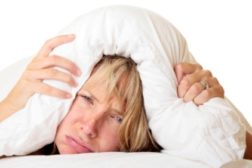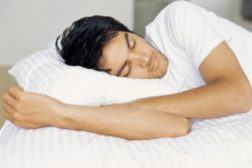Home » sleep disorder
Articles Tagged with ''sleep disorder''
Treating sleep apnea improves worker productivity
Patients who followed treatment program saw results
April 19, 2013
Become a Leader in Safety Culture
Build your knowledge with ISHN, covering key safety, health and industrial hygiene news, products, and trends.
JOIN TODAYCopyright ©2025. All Rights Reserved BNP Media.
Design, CMS, Hosting & Web Development :: ePublishing

